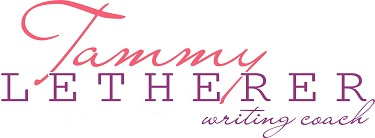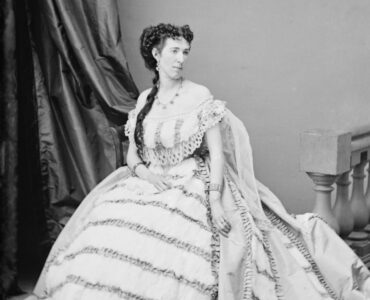Today I want to make a case for conflict. Nobody likes it, of course, except maybe drama queens, adrenaline junkies, or lawyers.
I personally try to avoid conflict as much as possible. Heck, the subtitle of my memoir is How I Found Peace in Betrayal and Divorce. Sometimes, during not so peaceful times, I look at that and feel like an imposter. Or I might repeat the words I found peace, I found peace as if I can make it so.
Peacefulness is good.
Conflict is bad.
Except that it’s not that black and white. You can’t recognize peace without the contrast of conflict. It’s an inescapable component in life. And a necessary one in writing.
In fact, conflict is the key ingredient in good storytelling, making our human propensity to avoid it a serious inconvenience.
What I’ve discovered through working with various writers is that we are, generally speaking, a polite and sensitive group of people. It’s hard for writers to step fully into the role of almighty creator and push their characters to their limits.
It feels unkind. Or downright sadistic.
So we write about their vague worries or annoyances or pet peeves or neuroses and end up with lukewarm stories that may look like real life, but don’t necessarily rise to the level of good drama.
How do you create good conflict on the page?
Your character has to want something very, very much. So much that he’s willing to go to great lengths to get it, even (especially!) if that means acting out of character. And there have to be definite obstacles in his path that will make him take some action he’s never taken before.
Here’s where it can get tricky. Oftentimes we create false obstacles. We think that if we simply make the character uncomfortable by doing something he would rather not do, or something someone else would rather he not do, that qualifies as an obstacle.
But if your character can ignore an obstacle, it’s not a true obstacle.
And without a true obstacle, you have no conflict.
Without conflict, there’s no story.
Conflict reveals who we really are. It forces us to develop new ways of thinking and being. Without it, we don’t grow and change.
That’s true in real life and even more so in fiction, which is the essence of reality. (By the way, the same is true for writing memoir.)
So don’t hold back; Go deeper with yourself and your characters. Push to reveal the truths or situations you’d rather not face. You’ll get surprising results from your character (even if that “character” is you) and you’ll give your readers the gift of identifying with something real.
In other words, go raise some hell. Then peace out.









